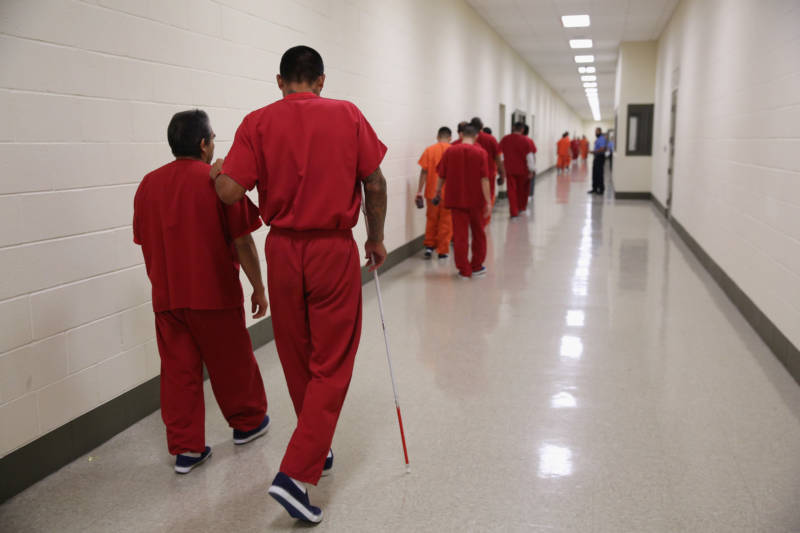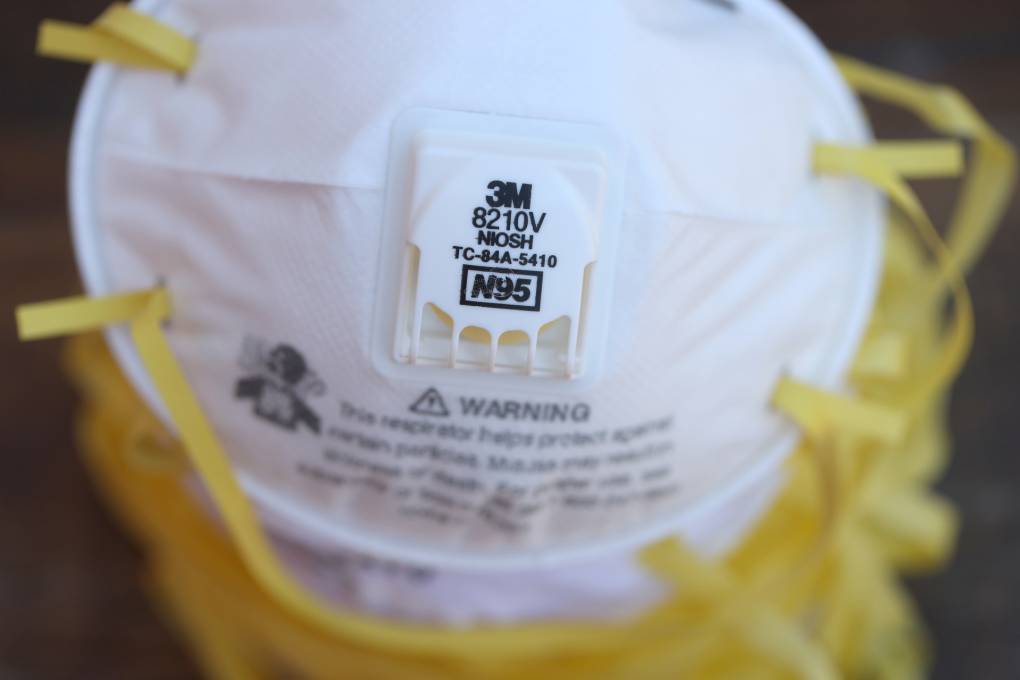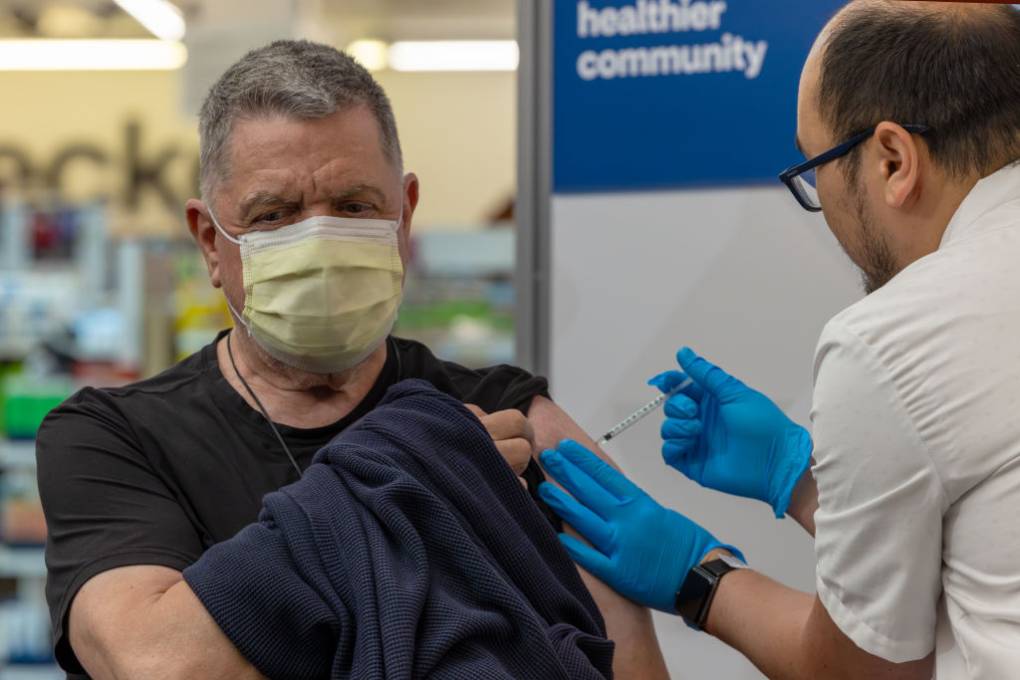“By releasing from custody the thousands of detainees who pose no threat to public safety and do not constitute an unmanageable flight risk, ICE can reduce the overcrowding of its detention centers, and thus make them safer,” he said.
Infectious diseases have surged through ICE detention centers in the past, including an outbreak of mumps last year that sickened more than 900 inmates and staff at 57 facilities, according to the Associated Press.
Detention Watch Network, an advocacy group for immigrants in ICE custody, called for the immediate release of all detained immigrants.
Fearing coronavirus infection, 13 detained immigrants in California filed suit against ICE last week in federal district court in San Francisco. The detainees are held in Yuba County Jail, in Marysville, and the Mesa Verde ICE Processing Facility, a private prison in Bakersfield operated by the GEO Group.
The plaintiffs called on ICE to release them because of their advanced age and underlying medical conditions — which they believe puts them at risk of death if they contract COVID-19. They said they are being held in crowded and unsanitary conditions where they are denied the ability to protect themselves.
One plaintiff, Sofia Bahena Ortuno, a 64-year-old farmworker and grandmother who said she suffers from hypothyroidism and diabetes, was released the same day the lawsuit was filed, according to her lawyers.
The lawsuit was filed by the American Civil Liberties Union, along with the Lawyers Committee for Civil Rights, the San Francisco Public Defender’s Office and Lakin & Wille, LLP. In recent days the ACLU has also brought suit on behalf of ICE detainees in Washington state, Massachusetts, Maryland and Pennsylvania.
ICE officials would not comment on the lawsuit or speak on the record about the fear among detainees and their advocates of COVID-19 outbreaks in detention. An ICE spokesman directed KQED to the agency's coronavirus webpage.
The website states that “ICE epidemiologists have been tracking the outbreak, regularly updating infection prevention and control protocols, and issuing guidance to ICE Health Service Corps (IHSC) staff for the screening and management of potential exposure among detainees.”
ICE has suspended visits by friends and family members and “is actively working with state and local health partners to determine if any detainee requires additional testing or monitoring to combat the spread of the virus,” the website said.



